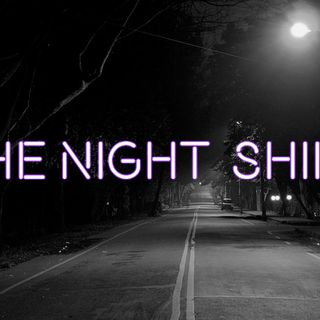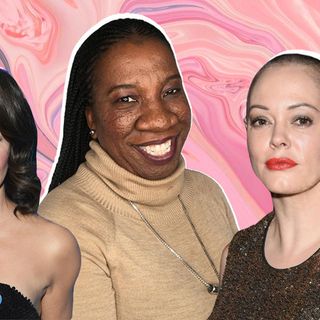Listen. I am tired. Are you tired? I am so goddamned tired. It’s been an exhausting few days. Beginning with ex-AIB comic, Utsav Chakraborty, being outed for sexual harassment, the MeToo movement in India has taken off, with accusations against several high-powered men in the media and Bollywood coming to light.
Twitter is an unending, unforgiving stream of names, details of assault and harassment, hashtags declaring the urgency of believing women, trolls victim-blaming, arguments over the limits and expectations of feminism, half-hearted apology statements, public meltdowns, and the occasional meme. And while this moment is so crucial for survivors with no other recourse for justice, and for a larger cultural reckoning of the systems that protect predators while silencing victims — it’s also mentally and emotionally exhausting.
Sometimes, it’s important to save your energy, to recuperate. Sometimes, switching your brain off for two hours and watching a rom-com might actually be therapeutic. And the frothy, candy-colored world of Crazy Rich Asians is the answer to all your escapist desires.
In what feels like an alternate reality, Rachel Chu, played by the lovely Constance Wu, is a professor at NYU who is “so Chinese I’m an economics teacher with lactose intolerance.” But when she agrees to join her boyfriend, Nick Young (Henry Golding), on a trip to meet his family and attend a wedding in Singapore, she’s unknowingly plunged into the dazzling world of the one percent. Between the over-the-top parties and extravagant surroundings, Rachel has to convince the matriarchs of the family — Nick’s mother (Michelle Yeoh) and his grandmother (Lisa Lu ) — that she isn’t just another gold digger.
It’s not insignificant that this is the first film from a Hollywood studio that features an all-Asian cast since The Joy Luck Club in 1993 (a quarter century ago). The consequences of this film being made, and debuted on the big screen, is huge in terms of representation. Finally, there’s a movie from a global industry with a history of whitewashing, that allows Asian characters to be more than just props or sidekicks. To see an East Asian family sitting together, making dumplings, to hear them talk in different dialects, and have the entirety of their identities fleshed out is refreshing to see.
But it’s also enjoyable that this film does all this within those familiar tropes of 90s rom-coms. The writing is particularly funny, to an audience who grew up on a steady diet of Bollywood movies and who intuitively understands the complicated family dynamics and expectations of the Asian families on screen. The several montages, essential to the genre, include stunning shots of Singapore, street food, extravagant parties, and of course, the makeover scene. All of this is underscored by the catchy but saccharine soundtrack of Chinese-language covers of “Material Girl” and Coldplay’s “Yellow.”
Crazy Rich Asians is capitalism on crack, with sweeping shots of Singapore’s most expensive spots, a parade of couture gowns and jewellery, and the kind of lavish lifestyle most people would deem ‘crazy.’ But somehow, it’s also so easy to get lost in. And at this moment, that’s a pretty great thing.
Perhaps the most comforting thing about this film, is that there are no surprises. We know we’re going to get a happy ending. The protagonists will continue being likeable, and if there are any minor conflicts to be resolved, the solutions will be neatly presented to us. This world is a beautiful one, because the fiction of it is exactly what we crave. Like candy floss for your brain, the sugar lasts for a few seconds on your tongue, and then it’s over.




